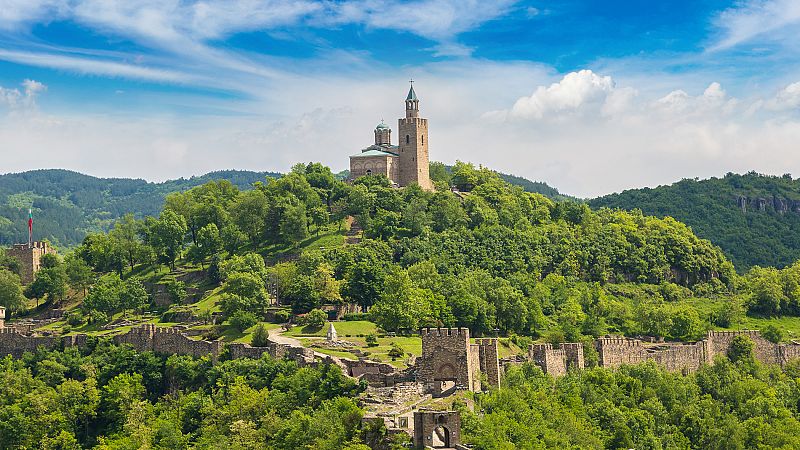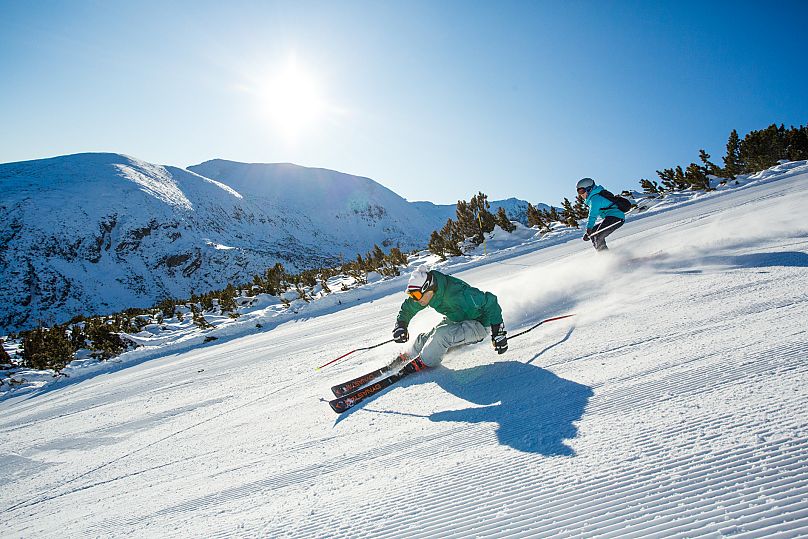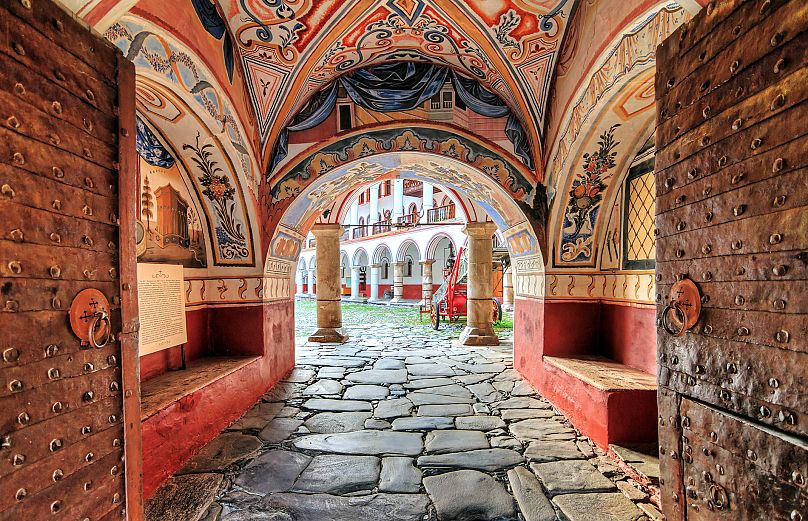From golden beaches to snow-capped mountains: Is Bulgaria Europe’s best year-round destination?

A country at the centre of ancient civilisations, whose historic sites sit amongst world-ranked Black Sea coastlines and snow-capped World Cup ski resorts, Bulgaria packs a lot of tourism attractions into its compact 111,000 square kilometres.
And it's set to become an even more accessible and value-for-money destination.
According to Minister of Tourism Evtim Miloshev, one word that describes Bulgaria's tourism offering is variety. "Our country combines ancient history, tradition, way of life, customs and many contemporary opportunities for relaxation and entertainment."
To ensure more visitors can enjoy its abundant sites and experiences, Bulgaria is working on more flight connections and hopes to team up with neighbouring countries to offer an all-in-one Balkans travel experience.
Bulgaria: Four seasons and a year-round stack of destinations
In a country that experiences all four seasons, there's plenty for travellers to get stuck into year-round.
Bulgaria's summer hotspots are found along its famed Black Sea coast, where people beeline to the stretch of sun-kissed sandy beaches.
The country's most renowned seaside destination is the buzzing resort strip of Sunny Beach, ranked 84th most attractive beach in the top 100 worldwide. "This is an international ranking of experts in the area of tourism and great recognition for Sunny Beach," says Miloshev.
Golden Sands Beach, on the Black Sea coast's northern fringe, is backed by a forested nature park. The nearby Thracian Cliffs area is the golfing centre, home to the famed 18-hole course designed by international golfer Gary Player.
Bulgaria is also a snow-laden playground for winter sports enthusiasts. Visitors can take to the slopes in several mountain ski resorts in the southwest of the country, like Borovets and Bansko, the hosts of competitions like the World Cup in alpine skiing and snowboarding. Beginner skiers will like Pamporovo, home to the country's longest green ski slope.
Bulgaria is a growing health and wellness tourism destination with its ancient town set spa and wellness resorts, visitors can submerge in the thermal mineral spring waters. Like in the sunny town of Hisarya, or Pavel Banya known for its Roman archaeological excavations, and Velingrad known as the 'Balkan capital of spa and wellness'.
Discover Bulgaria’s roots in ancient cities and landmarks
Bulgaria's history spans millennia with towns and cities open-air museums of the past. Experience Hellenic, Roman and Byzantine Empire eras in the ancient cities of Sozopol, the UNESCO Heritage Site Nessebar, and Veliko Tarnovo, the capital of the Second Bulgarian Kingdom that brims with hilltop medieval fortresses and historic cobblestone streets.
In the Valley of the Thracian Kings, marvel at the frescoed tombs and chambers of ancient dynasties or visit the Rose Valley, famous for its production of high-quality rose oil used in perfumery or indulge in the tastes of Bulgaria's vineyards and wineries.
Aside from the capital, Sofia, the second-largest city, Plovdiv has a remarkable history that places it as Europe's oldest continuously inhabited city.
"For 8,000 years, there has been life in the city, and it is not a legend," says Miloshev.
What’s new in Bulgaria in 2025?
Looking ahead, Bulgaria is focusing on improving the quality of its tourism services to ensure a sustainable experience for visitors while not negatively impacting the country's rich cultural and historical heritage.
Bulgaria is working on increasing air connectivity and attracting visitors from long-haul destinations, particularly in the Far East and the Americas.
One of the country's latest initiatives is "to present to the world an integrated tourist product: Destination Balkans," explains Miloshev, believing that a united Balkans brand will be more of a selling point.
By collaborating with neighbouring countries, Bulgaria aims to create an integrated travel experience highlighting the Balkan region's rich history, culture, and natural beauty so that visitors can travel to more than one country on a single trip.
Despite its growing tourism offerings, Miloshev explains how the country stays rooted in the culture of Bulgarian hospitality, perfect for the curious traveller and especially for those wanting to taste local cuisine and Bulgarian wine.
"We have been at the crossroads of all major civilisations and learned to be hospitable and welcoming. This is why Bulgaria, as a country and a name, has existed for 13 centuries."



